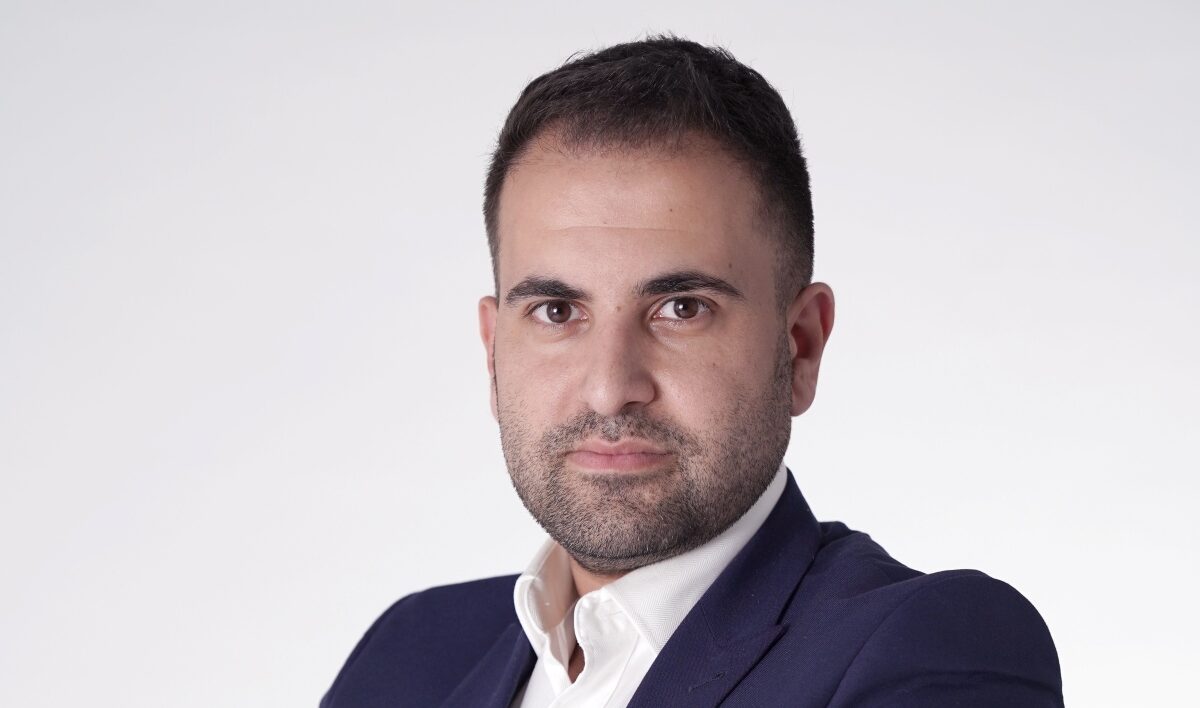Professor Simon Attard Montalto wrote a strongly-worded editorial in the latest edition of the Malta Medical Journal that warned of the negative health consequences of gambling.
Professor Montalto suggests gambling advertising should have a visible warning that reminds people of the dangers of gambling, similar to smoking and alcohol warnings.
The editorial explains how gambling levels are stratified on a continuum, ranging from ‘none’, to ‘occasional’, ‘recreational’, ‘at risk’, ‘problem’ and finally, ‘pathological’. Gamblers are thought to begin at the bottom and tend to work their way up the ladder.
Gambling is mostly associated with males and makes up around 0.1-3.0 (median 1.5) per cent of any given western population, increasing to 2.3-13 (median 5.4) per cent if ‘problem’ and ‘pathological’ gamblers are combined.
Professor Montalto writes that “problem gambling is intricately associated with health, social and financial problems. The odd flutter may amount to a harmless folly, but habitual and compulsive betting has dire repercussions for the individual in terms of health, finances and secondary problems to fund increasing debt with, in some cases, recourse to criminal activity.”
“The situation for gaming is similar to that of smoking and alcohol – all have a dire impact on individuals, families and society, yet governments ‘tolerate’ these, and ‘balance’ this tolerance by gambling-derived income and taxation.”
COVID has increased the gambling industry’s global earnings by an estimated 5.6 per cent, which may address the ‘modern penchant’ that an inactive lifestyle encourages entertainment to be sought elsewhere, which the industry has been “quick to exploit”.
Professor Montalto laments the “arrogance” and intrusiveness of betting advertising which he describes as often being “clothed in a nauseatingly, bombastic narrative”.
Malta has, like other countries, worked with the industry and legislators to include numerous checks and balances to ensure that regulation aims at preventing excesses, but Professor Montalto believes that more must be done and that “the imbalance must be addressed”.
The Gaming Commercial Communications Regulations Act 2018 contains a regulation asserting that:
“Educational responsible gaming messaging shall be prominently included within all commercial communications related to gaming:
Provided that where impractical due to spatial limitation, such as on the screens of portable communications devices, the relevant communication may make use of the alternative means which captuse the viewer’s attention effectively”.
In addition, the Malta Gaming Authority highlights that commercial communications and gaming advertising must be socially responsible.
Maltese gamblers are among the biggest losers in the sector, with a Global Gambling Statistics report, reviewing figures from 2011 onwards, stating “the small Mediterranean island boasts a small population but one of the largest per-capita losses anywhere in the world”.
The gambling industry in Malta added €1.56 billion to the economy in 2019 , or 20 per cent, making it the third biggest sector in Malta, employing approximately 7,500 people according to a 2019 Malta Gaming Authority report.
Continue Reading
Malta among EU states cited in Germany’s black market gambling report
Malta, home to one of Europe’s largest iGaming sectors, was cited in a report’s data table
Gambling and financial regulators team up for closer cooperation
The MGA and MFSA have signed an MoU, designed to deepen their longstanding collaboration
ICON launches AI platform accelerateX to streamline compliance and hiring for gaming studios
The AI-powered platform from ICON automates hiring, compliance, and vendor payments for gaming companies scaling at speed
GCS Recruitment Malta Limited: Bridging talent with opportunity
GCS pairs local expertise with digital tools to connect employers and job seekers across key sectors, offering tailored hiring solutions








